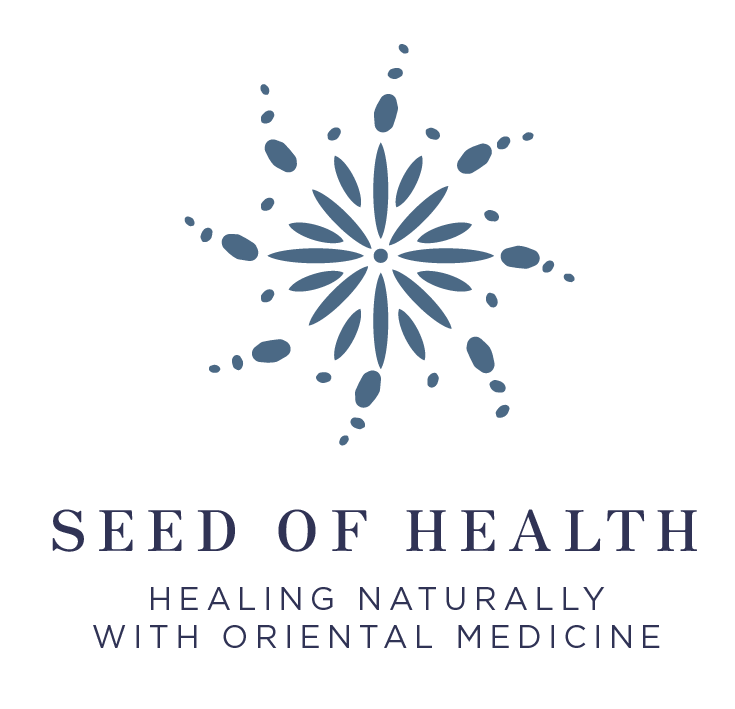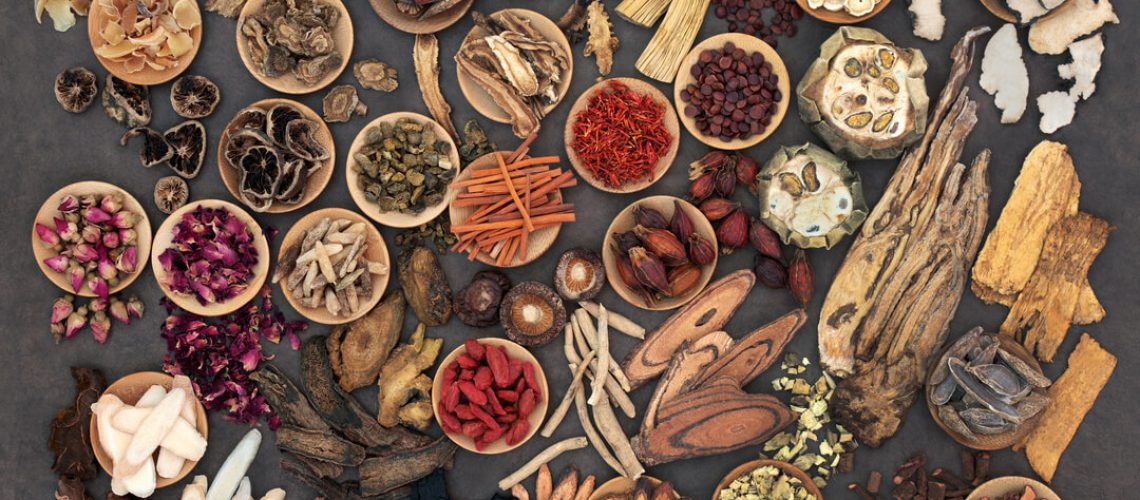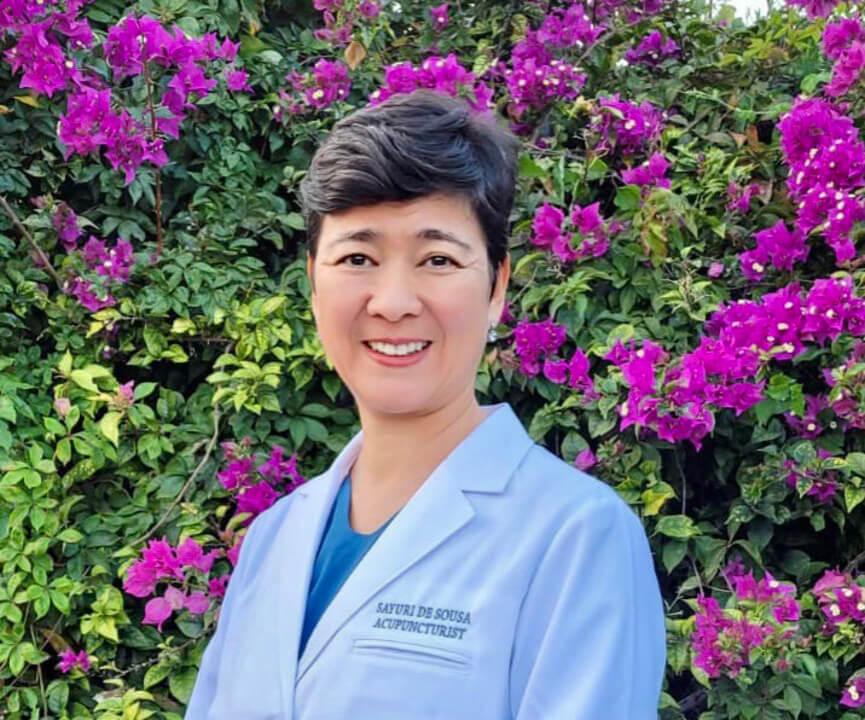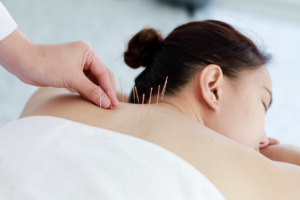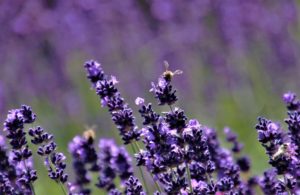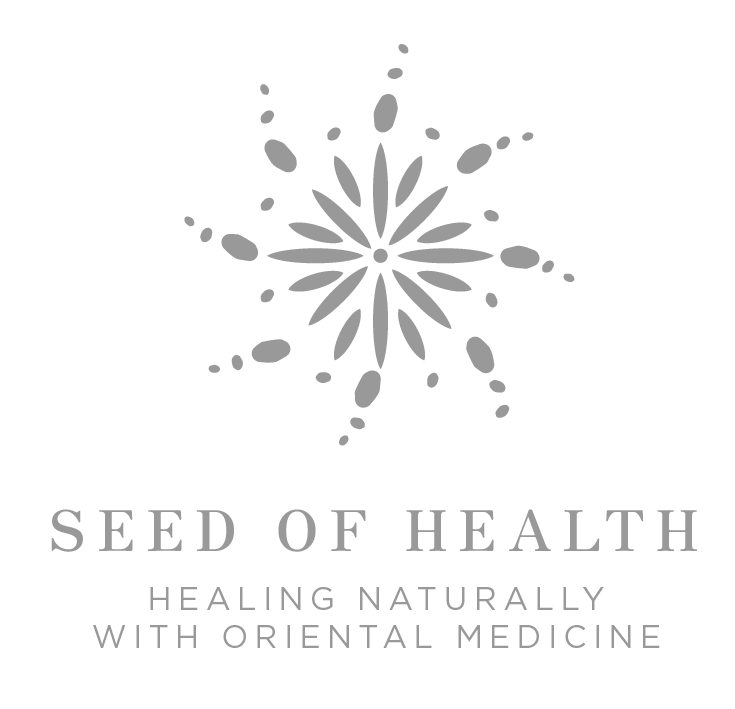Chinese herbal medicines are mainly plant based, but some preparations include minerals or animal products. They can be packaged as powders, pastes, lotions or tablets, depending on the herb and its intended use. Different herbs have different properties and can balance particular parts of the body. Prescribing a particular herb or concoction of herbs means the practitioner’s diagnosis has to take into account the state of the patient’s Yin and Yang, and the elements that are governing the affected organs.
Chinese herbal medicine uses herbs to improve health. The biggest difference between Western and traditional Chinese herbalism is that herbalists don’t treat symptoms or diseases. They treat entire human beings, including their patterns of symptoms.
Chinese herbal medicine has thousands of years of data to back it up. Throughout history, Chinese emperors worked to preserve and multiply the knowledge of the previous ages. That means today we have almost 2,000 years of clearly written records about how herbs and herb combinations work in different people.
Chinese herbal therapy can come in the form of granules or easy-to-digest capsules; teas, liquid extracts and powders; traditional formula.; custom formulas that your herbalist creates for you.
